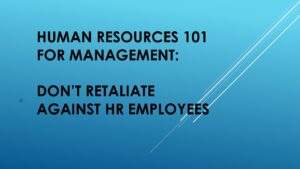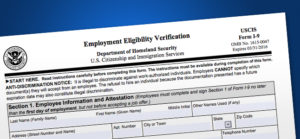When St. Vincent Health Center, a Catholic based hospital system, implemented a mandatory flu vaccination policy for its employees, it carved out an exemption for workers who objected based on either medical or religious reasons. If the exemption was approved, employees could continue working if they wore masks while in contact with patients during flu season. If the exemption was denied and the worker still refused the vaccination, the employee would be terminated. Fourteen employees requested and received medical exemptions. The hospital, however, denied all accommodation requests by employees requesting religious exemptions, resulting in the discharge of six workers. After a religious discrimination suit was brought on behalf of these employees by the EEOC, the employer settled by paying $300,000 in damages, and offering reinstatement to the affected employees.
Both federal and state discrimination laws prohibit discrimination based on religious beliefs. This includes denying a reasonable accommodation request based on an employee’s “sincerely held religious belief,” unless the employer can prove an undue hardship on its business. “Religion” and “religious beliefs” are broadly defined under the law, and include not only traditional religions, but also non-traditional religions or beliefs, as well as non-theistic moral or ethical beliefs as to what is right or wrong. See EEOC Compliance Manual on Religious Discrimination. Employers need to be aware that courts have traditionally been reluctant to exclude a belief or practice as not being covered under religious discrimination laws, and even more reluctant to question if an employee’s belief is sincerely held. As St. Vincent discovered, failing to grant reasonable accommodation requests based on religious beliefs can be costly.
“The only way to be true to our American tradition is to maintain absolute governmental neutrality regarding religious beliefs and practices.”
– Bill Bradley, Former U.S. Senator





